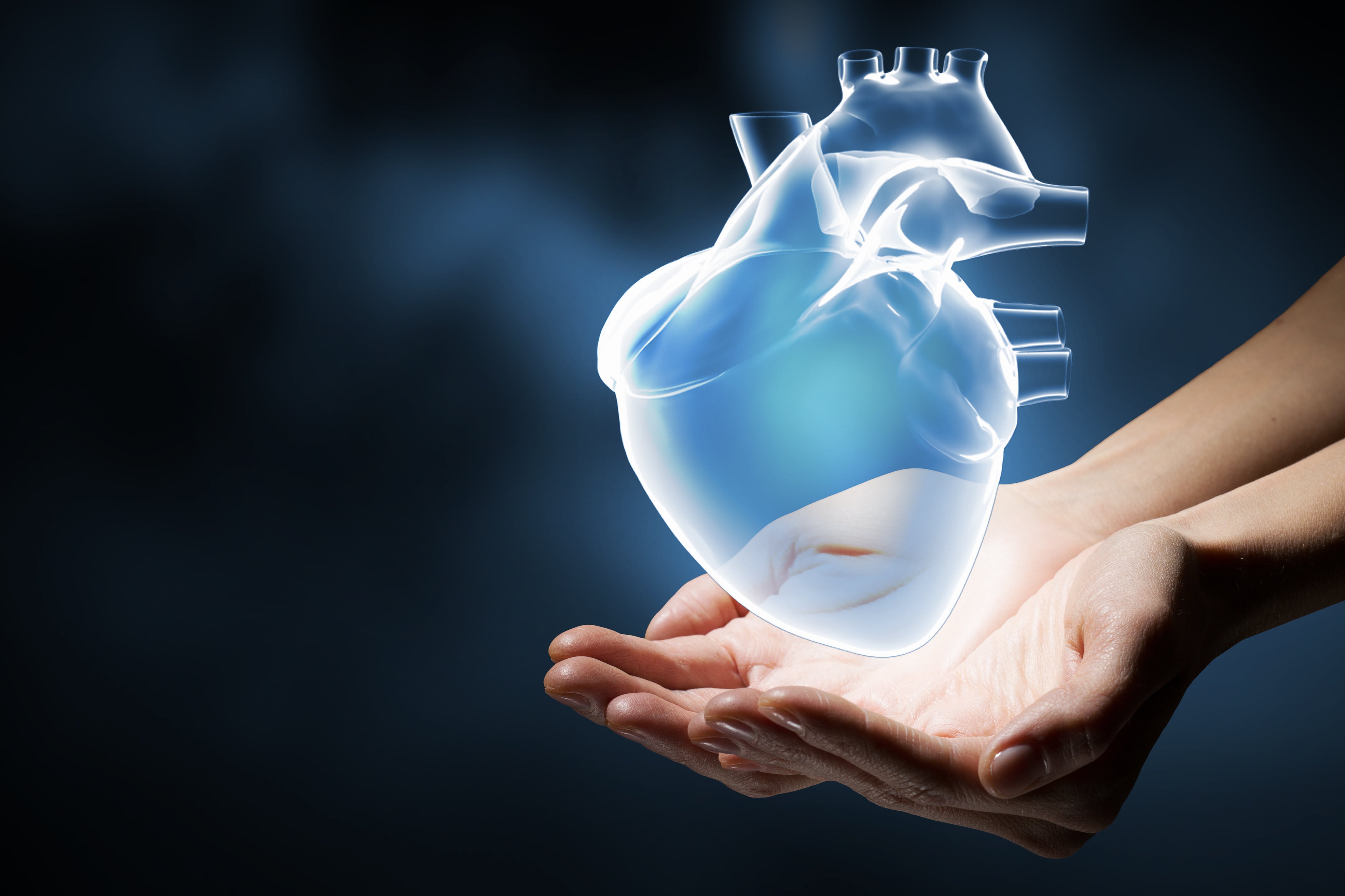
Guggul has long been used as a traditional medicine for a variety of health conditions. There is evidence that the active components inside this plant have antioxidant and anti-inflammatory activity. Learn about the potential health benefits of guggul as well as the side effects.
What is Guggul?
Guggul is the most common name for a small medicinal tree Commiphora Mukul (Wightii), which is mostly found in the Indian subcontinent. In Ayurveda, guggul dry gum resin is obtained from the stem of the Guggul tree. It has been used for thousands of years in the Ayurvedic medicine system [1].
Guggul is one of the oldest Ayurvedic herbs taken orally for a variety of diseases. The term “guggul” in Sanskrit means “protects against diseases”. Guggul supplements are sometimes referred to as guggulipid or guggul lipid [2].
Despite its long history and purported health benefits, the available clinical research on guggul is limited.
Active Compounds
Guggul contains a mixture of sterols, steroids, esters, and alcohols with multiple purported benefits:
- Steroids and sterols: The main active component of guggul is thought to be guggulsterone (E and Z). Other steroids found in guggul include guggulsterone M, dihydroguggulsterone, and guggulsterol Y. These steroidal components may have anti-inflammatory properties [3]
- Triterpenoids: Myrrhanone (A, B) and Myrrhanol (A, B, C) may have anti-inflammatory activity [2, 4].
- Sesquiterpenoids: Cardinene showed neuroprotective activity in a cell-based study [5, 2].
- Volatile oils: Limonene, Eugenol, Pinene, and Cineole are some of the essential oils extracted from guggul [2].
- Flavonoids: Quercetin, which may have anti-inflammatory and antioxidant activity [6].
Purported Health Benefits of Guggul
Insufficient Evidence For:
The following purported benefits of guggul are only supported by limited, low-quality clinical studies. There is insufficient evidence to support the use of guggul for any of the uses listed below. Remember to speak with a doctor before taking guggul. It should never be used as a replacement for approved medical therapies.
Lowering Cholesterol
A number of older clinical trials performed in India show that guggul may help with high cholesterol. In these studies, supplementation with guggul reduced LDL, total cholesterol, and triglycerides [7, 8, 9, 10, 11, 12].
However, there is some conflicting evidence. A more recent randomized placebo-controlled trial of 103 healthy adults found that guggul did not improve cholesterol levels, and in fact slightly raised LDL levels. Researchers also noted that the supplement caused an allergic skin reaction in some people [13].
According to some researchers, the guggul’s effect on cholesterol may be due to its ability to block the bile acid receptor farnesoid x receptor, a key component for the maintenance of cholesterol and bile acid [3].
Osteoarthritis Pain Relief
According to a study of 30 people with osteoarthritis of at least one knee, supplementation with guggul capsules for 2 months may reduce pain and improve mobility [14].
Acne Treatment
Nodulocystic acne is a severe form of acne where nodules and cysts form on the face, chest, and back.
An older study of 20 patients with nodulocystic acne found that oral guggul supplements may reduce inflammation and the frequency of relapses [15].
Possibly Ineffective For:
Weight Loss
There’s some evidence that guggul may actually be ineffective for weight loss.
A pilot study of 58 obese adults did not find a significant difference in weight loss between guggul supplements and placebo [16].
In a randomized placebo-controlled trial of 20 overweight adults, an oral guggul supplement did reduce body weight, but this reduction was not significantly different from the placebo group. This weight loss may be explained by the diet and exercise program that each subject was instructed to follow [17].
Animal And Cell Research
No clinical evidence supports the use of guggul for any of the conditions listed in this section. Below is a summary of the existing animal and cell-based research, which should guide further investigational efforts. However, the studies listed below should not be interpreted as supportive of any health benefit.
Inflammatory Bowel Disease
Guggul showed anti-inflammatory effects in mice colon cells. It suppressed enzymes causing inflammation in mice [2].
Also, guggul significantly reduced the severity of colon inflammation in mice [18].
Eye Inflammation
Guggul reduced inflammatory markers produced by bacteria in rat eyes. It reduced endotoxin production and the production of MMP-2, iNOS, and Cox-2 [19].
Pancreatic Inflammation
In mice with an inflamed pancreas, guggul inhibited the migration of white blood cells into tissues and suppressed cytokine production, possibly reducing damage [20].
Thyroid Effects
In an animal study, guggul stimulated the thyroid gland in rats, increasing both iodine uptake and the activity of thyroid enzymes [21].
Another study in mice found that guggul increased T3 levels, a type of thyroid hormone [22].
Protective Effects on the Heart
Animal studies show that guggul may protect against heart injury in rats with artificially induced heart damage [23, 24].
Protective Effects on the Liver
Gum extract of an Arabic guggul from the same Commiphora family, C. opobalsamum showed a protective effect on the liver of rats. The gum extract decreased transaminase and alkaline phosphatase enzymes and increased sulfhydryls (a compound that may protect cells) in the liver [25].
Protective Effects on the Brain
In a mouse study, guggul extracts reduced nerve damage and memory loss in mice with artificially-induced brain damage. Levels of antioxidant amino acids were increased and oxidative stress in the brain was reduced [26].
Protective Effects on the Kidneys
In a study on mouse kidney cells, guggul suppressed inflammatory molecules like COX-2, IL-6, and TNF-alpha
Antimicrobial Effects
In test-tube studies, guggul showed antibacterial activity against drug-resistant Klebsiella pneumoniae. Extract also may inhibit both gram-positive and gram-negative bacteria [27].
Another guggul family member, Commiphora molmol, showed anti-parasitic activity by killing worms (Schistosoma mansoni) and their eggs and stopped damage to intestinal tissue in mice infected with worms [28].
Diabetes
An animal study found that guggul may reduce blood glucose levels and increase insulin levels in diabetic rats [29].
Skin Damage
In a cell study, guggul increased type I collagen production and inhibited the production of enzymes that cause skin damage [30].
Cancer Research
Guggul has not been shown to treat or prevent cancer. The potential effect of guggul in cancer has only been studied in animals and cells.
It’s important to note that many substances have anti-cancer effects in cells, even toxic chemicals. This doesn’t necessarily mean that they have medical value. On the contrary, most substances (natural or synthetic) that are researched in cancer cells fail to pass further animal studies or clinical trials due to a lack of safety or efficacy.
With that in mind, researchers have investigated the effects of guggul in animals and cells on the following types of cancer:
Leukemia: Guggul prevented the proliferation of human leukemia cells. It caused cell death by activation of c-Jun N-Terminal kinase (JNK) and suppression of the Akt pathway in tumor cells [31].
Head and neck cancer: Guggul stopped cell growth in human head and neck cancer cells and killed cancer cells through STAT3 inhibition [31].
Breast cancer: Guggul reduced MMP-9 production and tumor invasion in human breast cancer cells. It also reduced VEGF receptor (VEGF R2) production and new blood vessel formation in endothelial cells [31].
Esophageal cancer: Guggul increased Caspase-3 activity and apoptosis in esophageal cancer cells. It reduced tumor formation and growth in mice [31].
Lung cancer: Guggul reduced NF-kB production and inhibited IkB (NF-kB inhibitor) degradation in lung cancer cells. It also suppressed COX-2, MMP-9, and VEGF, thus inhibiting proliferation and apoptosis [31].
Pancreatic cancer: Guggul suppressed FXR and reduced cell migration and invasion in human pancreatic cancer cells [31].
Prostate cancer: Guggul produced caspase-dependent cell death in human prostate cancer cells. It induced cancer cell death by reactive oxygen intermediate (ROI)-mediated JNK production [31].
Colorectal cancer: Guggul activated Caspase-3 and Caspase-8 enzymes and increased cell death in human colon cancer cells. The size of the tumors was also reduced in mice [31].
Safety of Guggul
Guggul is considered possibly safe when taken orally.
Clinical research has used guggul safely for up to 24 weeks [32].
Guggul is likely unsafe during pregnancy. There is some evidence that guggul may stimulate the uterus and promote menstrual flow, making it potentially dangerous during pregnancy. There is not enough evidence to determine the safety of guggul during breastfeeding. Guggul should not be used by those who are pregnant or breastfeeding.
Side Effects
Some commonly reported side effects of guggul include:
- Headache
- Nausea
- Vomiting
- Upset stomach
- Diarrhea
- Belching
- Bloating
- Hiccups
- Skin rash
- Itching
Uncommon side effects include:
- Restlessness
- Apprehension
- Muscle tissue breakdown (rhabdomyolysis)
These lists do not cover all possible side effects. Let your doctor know if you are experiencing any kind of side effects while taking this supplement.
Precautions
Bleeding Risk
There’s some evidence that guggul might reduce the clotting ability of the blood. Those with bleeding disorders, taking medications that affect bleeding risk, or undergoing surgery should avoid guggul [33]
Risk in Hormone Sensitive Cancers
Research suggests that guggul may have activity on estrogen and progesterone receptors. Those with hormone sensitive cancers, such as breast, uterine, and ovarian cancer, should avoid using guggul [34].
Risk in High Cholesterol
Conflicting evidence shows that guggul may increase LDL levels. Those with high cholesterol who take guggul should do so cautiously [13].
Effects on Thyroid Activity
Guggul may affect thyroid hormone activity and could interfere with those on therapy for thyroid disorders. Those taking thyroid medications should use guggul cautiously [22].
Drug Interactions
If you decide to take guggul (or any other supplement) let your doctor know as there may be unexpected and potentially dangerous interactions with your other medications or health conditions. The drug interactions of guggul are not well researched and there may be more potential interactions beyond the ones discussed here.
Because of guggul’s effect on estrogen receptors, it has a theoretical major interaction with estrogen medications. Do not take guggul while taking hormone replacement therapy.
Other possible drug interactions to be cautious of include:
Supplementation
In the following sections, we’ll discuss the common forms and dosages of guggul that are commercially available. Guggul is not approved by the FDA for medical use. Regulations set manufacturing standards for supplements, but that does not guarantee that they are safe or effective. Speak with your doctor before supplementing.
Forms
Guggul supplements are commercially available as oral capsules or tablets. Products are usually standardized by the concentration of guggulsterones.
Guggul is sometimes sold in combination with other natural products.
Dosage
There is currently insufficient evidence to determine what a safe and effective dose of guggul is.
In clinical trials, doses up to 6,000 mg per day have been used, while the standard dose appears to be 1,000 mg [13].
Commercially available guggul supplements typically range from 500 to 1,000 mg per dose, which is to be taken once per day.



